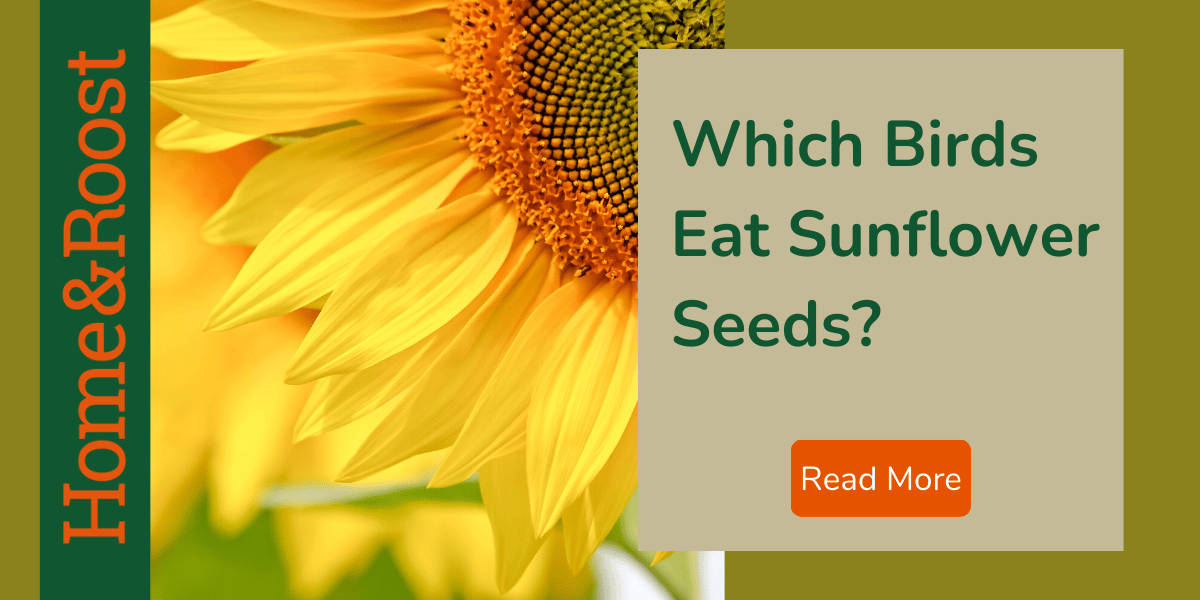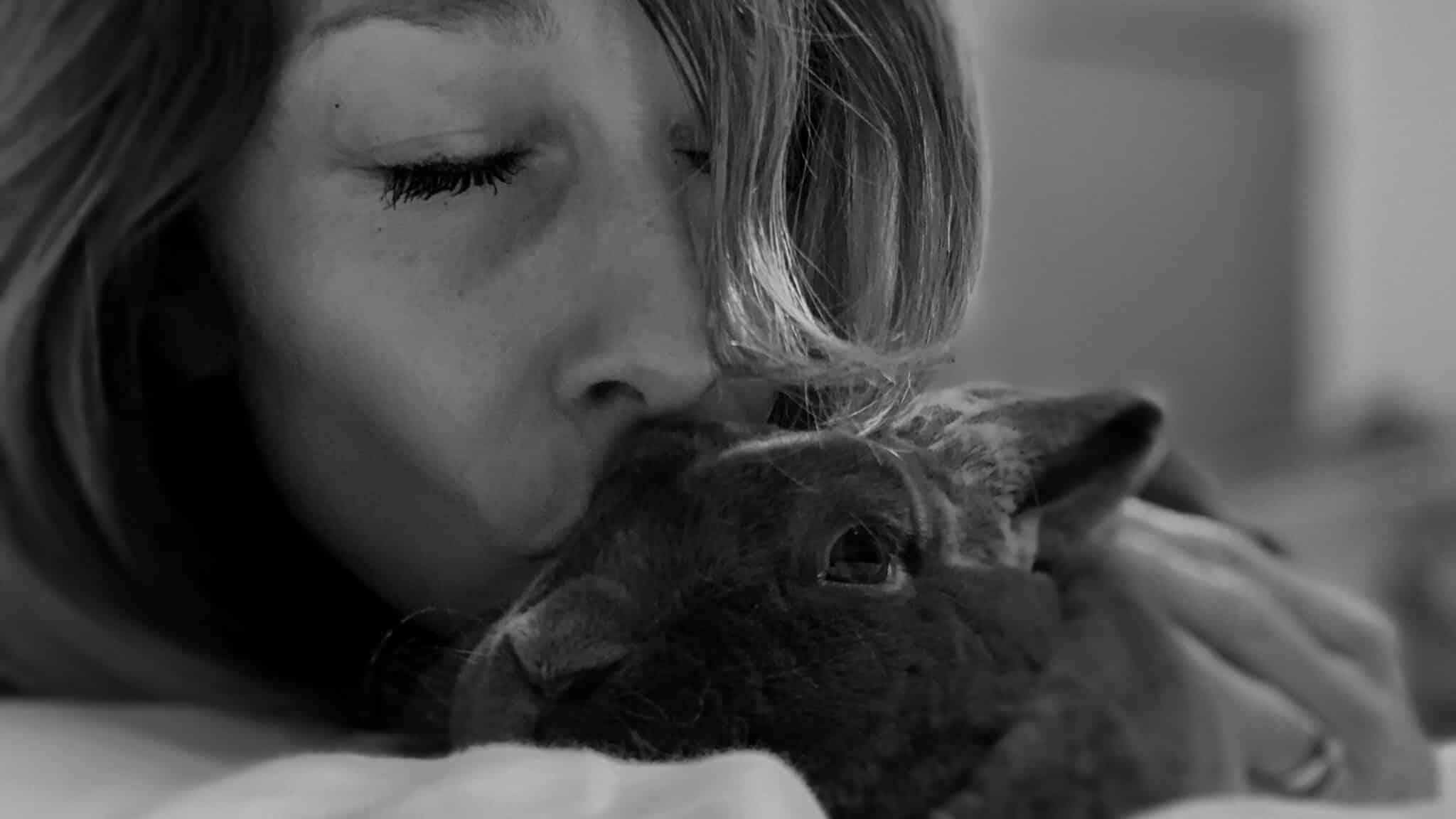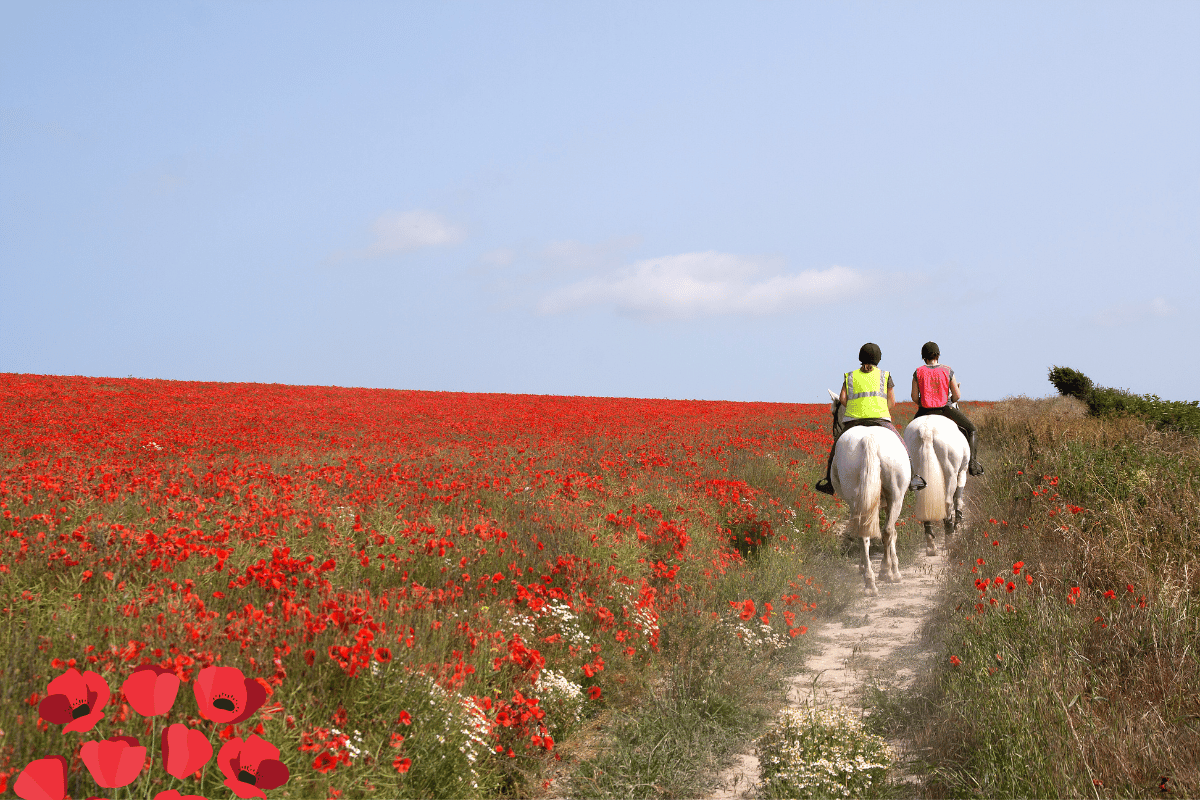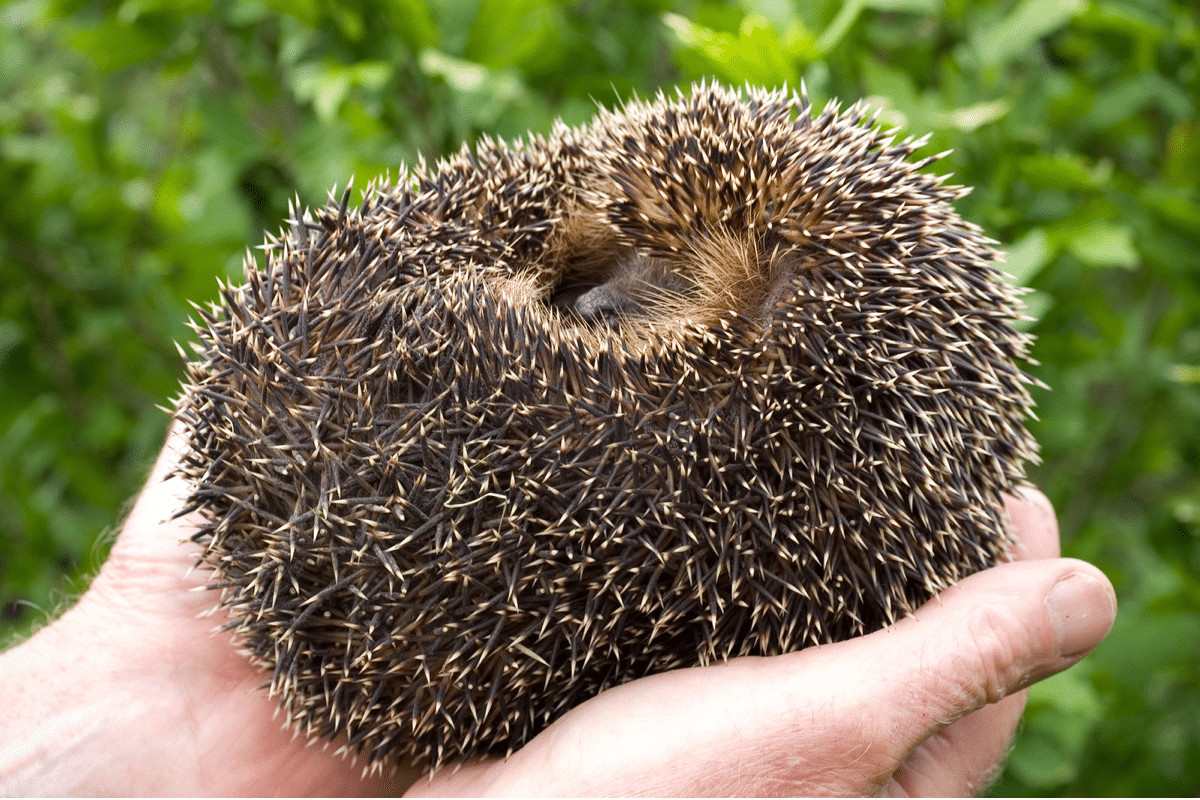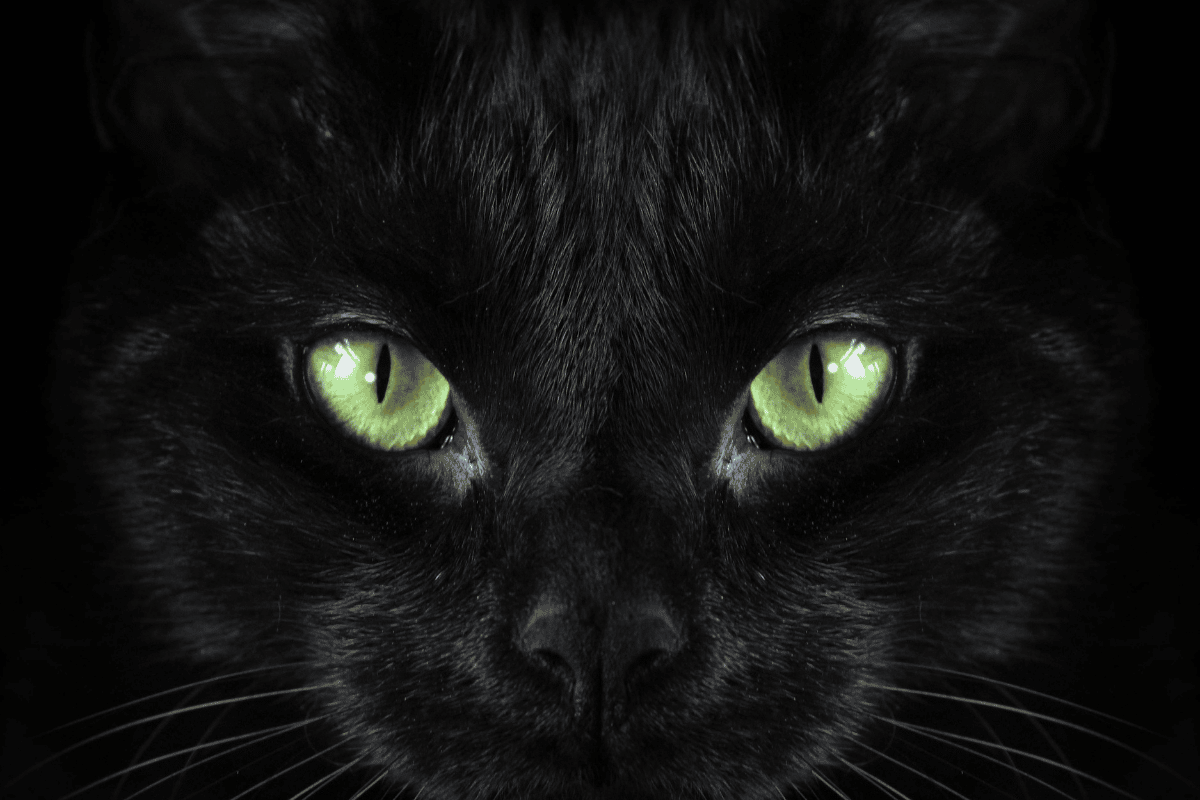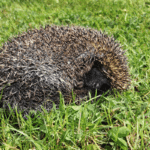Which birds eat sunflower seeds? A better question might be which birds don’t! Sunflower seeds and sunflower hearts are a real favourite for garden birds including blue tits, sparrows, dunnocks, collared doves finches and more. When it comes to choosing sunflower seeds for garden birds there are several options available. In this article, we are going to look at which to choose and how and when to offer them.
Are Sunflower Seeds Good For Birds?
Absolutely. Just like sunflower seeds are a great addition to a healthy diet for us humans they are very beneficial for our garden birds too. Sunflower seeds are extremely nutritionally dense and offer birds:
- High protein content
- High fat content
- Vitamins A, B, C and D
- Potassium
- Calcium
- Iron
- Magnesium
All these nutrients are essential to the health of birds. The high fat content, which might seem like a no-no to us, is vital to small birds who struggle to keep up their body weight, especially in cold winter weather.
What Are The Different Types of Sunflower Seeds?
There are three different types of sunflower seeds readily available for birds.
Striped Sunflower Seeds
These are the seeds or the sunflowers you might grow in your garden.
In fact, a great way of offering sunflower seeds to your garden birds is to keep the seed heads of sunflowers you have grown and pop them on the bird table.
Striped sunflower seeds are nutritious and will be welcomed by many birds. But their husks are quite hard and they are pretty large seeds. So smaller birds and softbills may struggle with them.

The other issue with striped sunflower seeds is that most birds discard the husks, leaving a mess on your lawn.
With sunflower seed husks the problem goes a bit beyond just mess. The seed husks contain an allelopathic chemical with can suppress or kill other plants. It’s nature’s way of suppressing competitive plants to give the seed a chance to germinate and grow. But when a concentration of sunflower seed husks falls on your lawn it’s just going to lead to bald patches.
Which Birds Eat Striped Sunflower Seeds?
Striped sunflower seeds will mainly be taken by larger birds in your garden, for example:
- Jays
- Woodpeckers
- Collared doves
- Pigeons
Squirrels are also fans of these seeds. So a handful of these on the ground, away from your bird table and feeders could help to divert squirrels and some of the larger birds.
Black Oil Sunflower Seeds
Black or black oil sunflower seeds are smaller than the striped variety and have softer shells or husks. This means that they can be tackled by smaller birds.

They also have a higher content of beneficial oils which make them great year-round food.
These seeds do still have husks though, so they will still cause a mess in your garden, and they are unlikely to be by softbills like robins or blackbirds.
Which Birds Eat Black Sunflower Seeds?
All the larger birds listed above will eat these seeds, plus:
- Finches
- Tits
- Sparrows
- Bramblings
- Nuthatches
And sadly squirrels also love black oil sunflower seeds.
Sunflower Hearts
At first sunflower hearts might look like the most expensive way to feed sunflower seeds to your garden birds. But pound for pound they are actually pretty good value. This is because sunflower hearts are shelled, or de-husked sunflower seeds.

This brings some big advantages.
First, the whole thing gets eaten by the bird. So by weight, you are getting far more nutrition for your money than you do with seeds in their shells.
As there is no husk to crack birds can eat them more quickly, and with less energy expenditure. This is a real benefit for a bird struggling to keep up its body mass.
Because there are no husks, there is no mess on your lawn – another tick.
No husks mean that this way of serving highly nutritious sunflower seeds makes them accessible to soft bill birds who wouldn’t be able to enjoy the other varieties.
And sunflower hearts, especially chipped hearts, are safe to feed during nesting season, as they are small and soft enough to present no choking risk for chicks.
There are however a couple of drawbacks with feeding sunflower hearts which you will need to manage if you want to offer this treat in your garden.
Firstly, they are hugely popular. If you are offering hearts, you can be pretty confident that other types of sunflower seed will be ignored. This can get expensive so will probably want to ration them and make them just a part of the food you offer.
Secondly, because they are not protected by a shell sunflower hearts can spoil more quickly and can turn mushy in wet weather clogging your bird feeders. You’ll need to keep an eye on this and clean as needed.
Which Birds Eat sunflower Hearts?
Sunflower hearts allow pretty much all of your garden birds to enjoy the nutritional benefits of sunflower seeds. So in addition to all the species who enjoy sunflower seeds in their shells, hearts will be enjoyed by the softbills:
- Robins
- Blackbirds
- Thrushes
- Wrens
And squirrels of course!
Can Birds Eat Roasted Sunflower Seeds?
Whilst there’s nothing wrong with a roasted sunflower seed in itself, most of the roasted seeds sold as human snacks tend to also be salted. And salt isn’t good for birds.
So It’s probably best to avoid feeding roasted sunflower seeds to birds.
How To Feed Sunflower Seeds To Garden Birds
Because so many different birds eat sunflower seed you have plenty of options when it comes to how to offer it.
Sunflower Seed Hanging Feeder
Feeding birds from a hanging feeder can make life a little more difficult for squirrels and larger birds like pigeons, who may otherwise tend to snaffle up all the food. This gives the smaller birds more of a chance to feed.

A hanging sunflower seed feeder can be particularly useful if you are opting for sunflower hearts as it offers some protection from the weather and can keep them dry for longer on rainy days.
This one comes ready filled with sunflower hearts can be used for any other mix of bird seed too. A handy bird feeder.
This kind of feeder is perfect for all the perching birds or passerines such as tits and finches.
On The Bird Table
Some species of bird don’t get on well eating hanging from a bird feeder and prefer to feed on a flat surface.
So placing some sunflower seeds or hearts on your bird table is a good way to cater to these species.

Remember to place hearts in a covered section of the table to keep them dry.
The food on the bird table can attract squirrels and pigeons. If these are becoming a problem in your garden we have a guide to keeping squirrels at bay here:
And some tips on saving some bird food from the pigeons here:
Ground Feeders
Some of our most popular birds including Robins, Blackbirds Chaffinches and House Sparrows are ground feeding birds.
These birds will visit the bird table, but they are really happier feeding at ground level where they find the insects that form a large part of their natural diet.
You’ll have noticed that some of the main ground feeders are also softbill birds and won’t be able to benefit from seeds in their shells.

Some people scatter food for ground feeders directly onto the lawn, we throw some under the hedge where blackbirds love to root around for it, but pigeons tend to leave it alone.
We also have several ground feeders, which help to keep the seed dry and to keep husks off your lawn.
When To Feed Sunflower Seeds to Garden Birds?
Sunflower seeds and sunflower hearts are a great year-round food for a wide range of our garden birds. They deserve a regular place in your bird feeding routine.
The vitamins, minerals and minerals in these seeds are valuable all year. And the high concentration of fats and oils is especially important in the winter months.
Some people are concerned about putting out whole seeds in their husks during the nesting season as it’s possible a chick could choke on a whole seed, especially the large striped variety.
In reality, this isn’t much of a danger. Adult birds tend to provide natural food to nestlings, using the food we offer to keep their own strength up.
But to be on the safe side you could stick to whole or chipped hearts during the nesting season.
Thanks For Reading!
So, sunflower seeds are a nutrient-packed bird food that will benefit nearly all of the birds that visit your garden. If you’ve not offered them before, why not give them a try – the birds will love you for it!
We hope you’ve enjoyed this article and found it useful. If you have questions or suggestions we would love to hear them – leave us a comment below.




